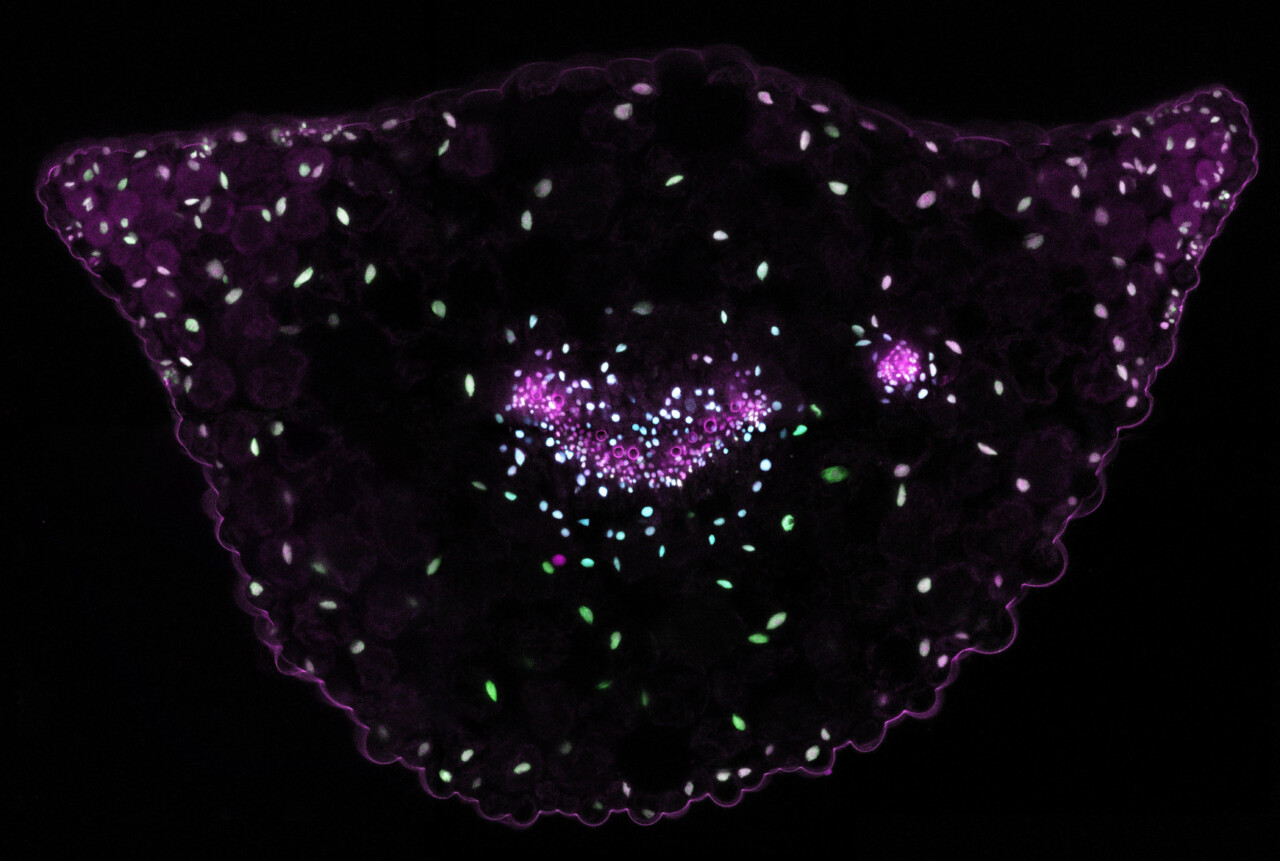“Transcription factors and splicing regulators: brothers in arms to survive heat stress”
Dr.Sotirios (Akis ) Fragkostefanakis
Plant Molecular and Cell Biology
Goethe University Frankfurt am Main
Frankfurt am Main, Germany
Date: 17 November 2022
Time: 16:00 – 17:00
Location: Sylvius Laboratory,room1.5.31, Leiden
Registration: open
Credits:0.1
Abstract:
Temperature increases can cause heat stress which can impact plant growth and development and in extreme cases even lead to plant death Understanding the mechanisms that plants use to respond to high temperatures and survive is essential for the generation of stress resilient crops that will ensure food security The survival and recovery from heat stress are dependent on the upregulation of hundreds of genes with protective functions for protein and cellular homeostasis such as many heat shock protein ( The majority of these genes are regulated by the family of heat stress transcription factors ( In tomato, HsfA 1 a acts as the master regulator of heat stress response and thermotolerance, and its activity is regulated by additional heat stress induced HSFs, such as HsfA 2 and HsfA 7 which are important for heat stress acclimation In addition to transcription, pre mRNA splicing is another important level of regulation of gene expression under high temperatures, as the splicing is a heat stress sensitive process We have identified splicing regulators belonging to the Serine/Arginine rich protein family that mediate temperature sensitive alternative splicing thereby playing along with HSFs a core role on transcriptome landscape in tomato plants We show that transcription and pre mRNA splicing are linked as HSF and SR genes regulate each other, suggesting the existence of feedback mechanisms directly coupling RNA synthesis and processing to coordinate the molecular response to environmental changes.
Thursday, November 17, 2022
16:00 - 17:00
,



